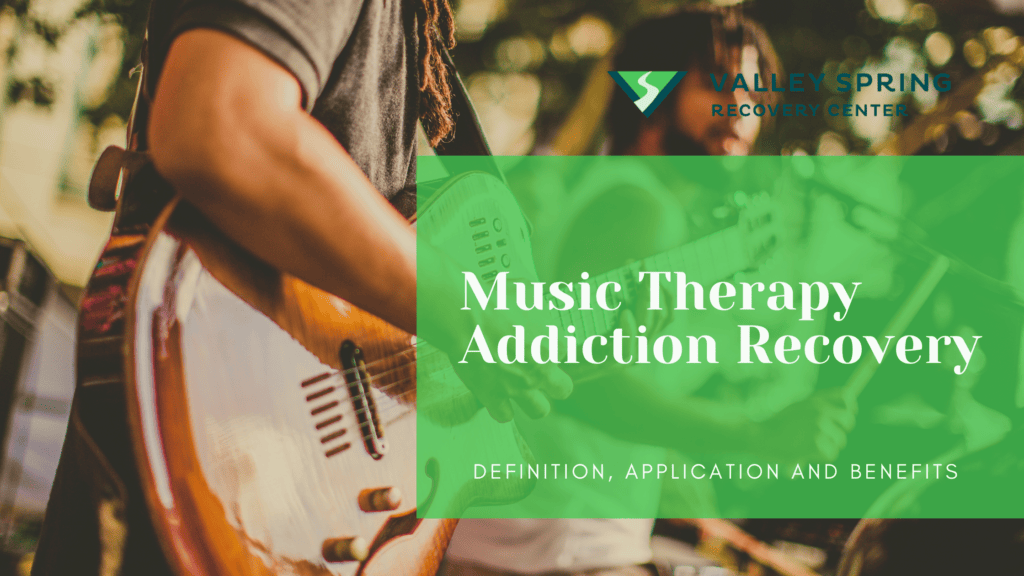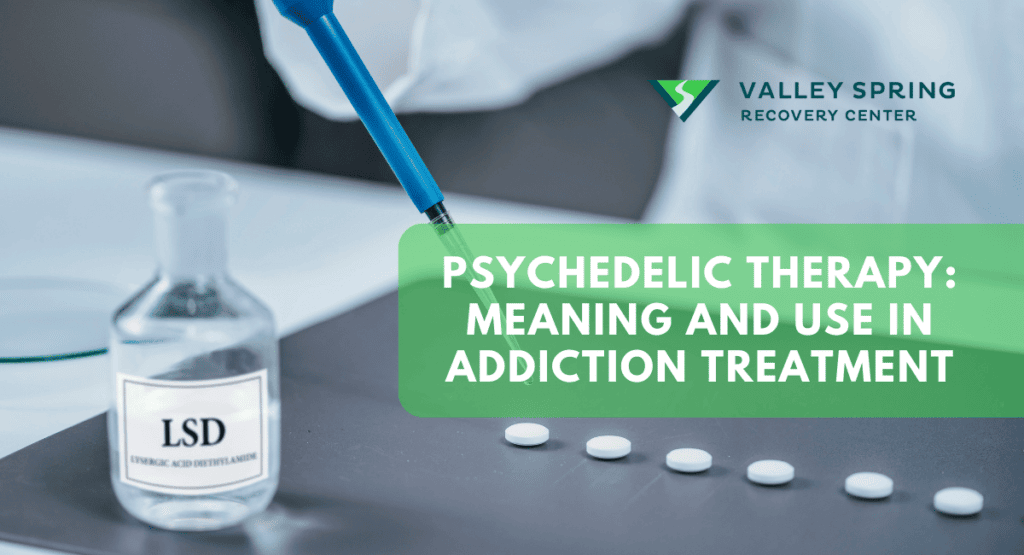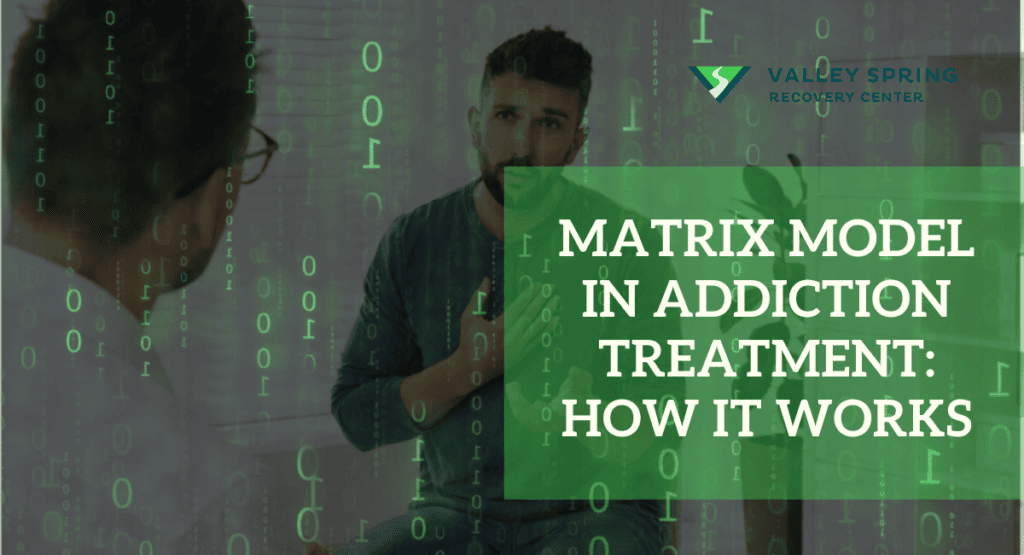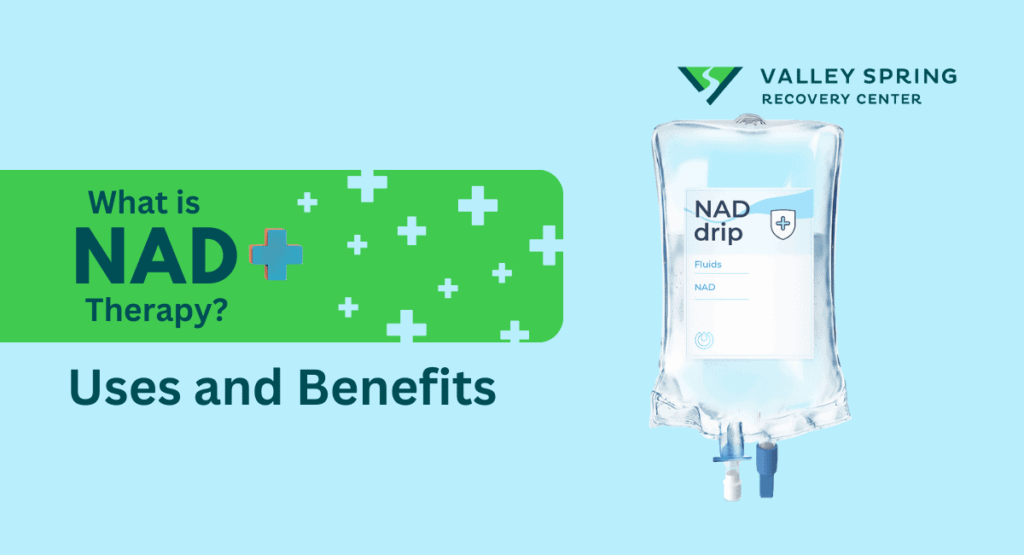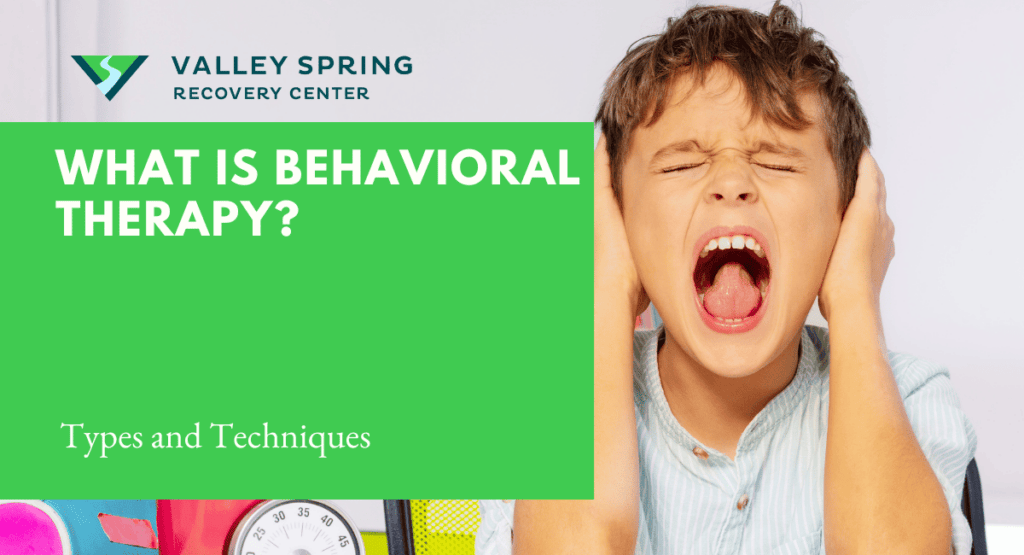Music therapy is a method that is based on sound healing and is used to improve physical and emotional well-being. It involves various activities such as listening to music, singing, rhythmic movement, meditation, and playing instruments. Trained practitioners facilitate this therapeutic approach, which is very effective.
The use of sound for healing can be traced back to ancient Greece, where they attempted to address mental disorders through music. Music’s usefulness expanded to aid military morale and increase productivity as time passed.
According to a 2015 study published in the World Journal of Psychiatry by Alfredo Raglio, et al, clinical music therapy has tangible positive effects on socialization, emotional well-being, and neuromotor functioning. This therapeutic intervention works by engaging specific brain centers associated with emotion, motivation, cognition, and motor functions.
Scientific studies have consistently shown the potential of music therapy in reducing anxiety among different groups of people. This method has proven effective for individuals with conditions such as cancer, those going through surgeries, and people in intensive care units.
Music therapy is a versatile and evidence-based approach with diverse applications in mental health and addiction treatment. Beyond its historical use for mental health, it aids emotional well-being, socialization, and neuromotor functioning. In clinical settings, it effectively reduces anxiety for various populations, including those with illnesses, undergoing surgery, or in intensive care.
Physiologically, it influences variables like blood pressure. Outside clinical contexts, music therapy supports cognitive development in children, assists individuals with developmental disorders, and provides solace in palliative care. Its accessibility and flexibility make it a valuable tool across a spectrum of challenges.
Music therapy offers many benefits, contributing to physical and emotional well-being. Its positive impact on mental health includes reducing anxiety, stress, and depression. Engaging in music therapy can enhance cognitive functions, promoting memory recall and attention. The therapeutic use of music is also known to stimulate emotional expression and social interaction, fostering a sense of connection.
What Is Music Therapy?
Music therapy is a therapeutic approach that involves using music to address a range of healthcare and educational goals and can be applied to addiction and mental health treatmen protocols. It is defined by the American Music Therapy Association (AMTA) as a clinical and evidence-based practice that utilizes musical interventions to achieve personalized objectives within a therapeutic alliance.
Music therapy is a treatment intervention that is not considered to be the primary form of treatment for different types of mental health disorders, including substance use disorders, and can be referred to as complementary and integrative treatments. It aims to improve overall well-being, manage stress, and alleviate the emotional and physical pains often associated with addiction recovery. The therapy’s versatility extends to enhancing memory, boosting emotional expression, and fostering better communication, which are critical aspects in the journey of overcoming addiction.
A recovering addict can engage in singing, playing music, or listening to reduce stress, anxiety, and cravings. A qualified professional who has completed an accredited music therapy program leads the therapy sessions.
According to a study, every year, over 1.6 million people worldwide receive benefits from music therapists, which is increasing steadily. The growth of music therapy can be attributed to various factors such as positive reviews from existing users, media coverage, and a significant number of research studies that have affirmed its effectiveness. The roots of music therapy go back to the 1940s when music was used to comfort soldiers who had faced physical and emotional traumas.
What Is The Role Of Music In Addiction Recovery?
Music therapy, an integral part of many people’s daily lives, transcends its conventional roles of entertainment, relaxation, and motivation to become a powerful tool in addiction recovery. Its impact on emotional states, ranging from energizing to calming, makes it uniquely suited for therapeutic use, especially in the context of substance use disorders.
Music therapy serves as a dynamic and patient-centered intervention, effectively addressing symptoms across a spectrum of mental health and addiction disorders. The ways music therapy helps individuals recovering from addiction or mental health disorders are listed below.
- Emotional Regulation and Stress Relief: Music’s ability to elicit various emotional responses is central to its therapeutic value in addiction recovery. It can induce feelings of happiness, energy, or calmness, aiding individuals in managing the emotional challenges associated with recovery. This emotional regulation is crucial in reducing stress, a common trigger for substance use.
- Enhancing Focus and Relaxation: In the structured environment of music therapy, music serves as a complementary intervention to primary treatments for substance use disorders. It enhances focus on recovery goals and promotes relaxation, which is essential for individuals adjusting to the demands of a life free from substance abuse.
- Development of Communication and Social Skills: Music therapy, especially in group settings, encourages interaction and communication. It helps in developing social skills and fosters a sense of community among individuals with similar experiences and interests in music, thereby enhancing their social functioning.
- Cognitive Benefits: The therapeutic application of music also focuses on improving cognitive functions like attention and memory. This aspect is particularly beneficial as substance use can often impair these cognitive faculties.
- Personal Use of Music in Recovery: Beyond formal therapy, individuals in recovery can also use music privately as a mood enhancer, a distraction technique to handle cravings, or as a means to forget daily stressors. This personal application of music, while not a substitute for formal treatment programs, significantly enhances the effectiveness of these programs.
- Individualized Therapeutic Approach: Music therapists work collaboratively with treatment teams to tailor music therapy to the specific needs of the individual. Goals may include improving emotional adjustment, relieving stress for better physical and mental well-being, and enhancing communication skills. Importantly, no prior musical knowledge is required; responsiveness to music is the key.
- Coping with Negative Emotions and Cravings: Individuals in recovery may use music to cope with negative emotions such as guilt, anxiety, depression, or anger. It also serves as a strategy to handle cravings and to deal with past remorse or regret linked to substance use.
- Exploration of Inner Feelings and Motivation: Music therapy allows individuals to explore their inner feelings, motivations, and self-esteem issues, contributing to a deeper understanding of their journey towards recovery.
- Cognitive Benefits and Memory Enhancement: Music therapy can also offer cognitive benefits, such as improved attention, concentration, and memory enhancement. These aspects are particularly beneficial in cases where substance abuse has affected cognitive functions. The structured nature of music therapy sessions helps in regaining these cognitive abilities, essential for a successful recovery.
- Physical Rehabilitation and Pain Management: For those who have experienced physical health issues due to addiction, music therapy can play a role in physical rehabilitation. Engaging in musical activities like playing instruments or rhythmic movements can aid in the development of motor skills. Additionally, music’s pain-relieving properties can be beneficial for individuals dealing with physical pain, reducing the reliance on pain medication.
- Boosting Overall Well-being and Motivation: Music therapy contributes to the overall well-being of individuals in recovery. It can increase motivation, elevate mood, and provide a sense of accomplishment. Participating in music therapy sessions can be a source of joy and fulfillment, which is crucial for maintaining long-term recovery.
- Enhancing Emotional Expression and Creativity: Many individuals struggling with addiction find it challenging to express and process complex emotions. Music therapy provides a non-verbal outlet for emotional expression, allowing individuals to explore and convey feelings they might find difficult to articulate. Expression and creativity lead to improved emotional awareness and processing, essential in the recovery journey.
Music, through its therapeutic application, plays a multifaceted role in addiction recovery. It addresses emotional regulation, stress relief, cognitive improvement, and social skills development, while also offering personal avenues for coping with cravings and enhancing treatment efficacy. This broad applicability and ease of engagement make music therapy a valuable complement in substance use disorder treatment.
What Are The Types Of Sound and Music Therapy?
Various forms of sound therapy exist, each offering distinct benefits, those include:
1. Guided Meditation
Guided meditation involves practicing meditation with vocal guidance in a session, class, or through a video or app. This method may include chanting, repeating mantras, or prayers. Research has demonstrated that meditation contributes to stress reduction, decreased anxiety and depression, improved memory, lowered blood pressure, pain reduction, reduced cholesterol, and decreased risk of heart disease and stroke.
2. Neurologic Music Therapy
Music therapy has been proven effective in stress reduction and relaxation, surpassing prescription drugs in reducing anxiety levels before surgery. A 2017 study revealed that a 30-minute music therapy session, combined with traditional care after spinal surgery, significantly reduced pain. Administered by credentialed providers, music therapy involves creating, listening, singing, or moving to music and is utilized for physical rehab, pain management, and brain injuries.
3. Bonny Method
Named after Helen L. Bonny, Ph.D., the Bonny Method of Guided Imagery and Music (GIM) utilizes classical music and imagery to explore personal growth, consciousness, and transformation. A 2017 study demonstrated promising evidence that a series of GIM sessions could enhance psychological and physiological health in adults with medical and mental health needs.
4. Nordoff-Robbins
Delivered by skilled musicians who complete the Nordoff-Robbins 2-year master’s program, this sound healing method employs familiar music, creating new music, or working towards a performance. Used to treat various conditions, including developmental delays, mental health issues, learning difficulties, autism spectrum disorder, dementia, and more.
5. Tuning Fork Therapy
Tuning fork therapy utilizes calibrated metal tuning forks to apply specific vibrations to different body parts, promoting tension release, energy flow, and emotional balance. Research suggests that this therapy may help relieve muscle and bone pain.
6. Brainwave Entrainment
Also known as binaural beats, the brainwave entrainment stimulates the brain using pulsing sound to align brain waves with the beat’s frequency. While more research is needed, evidence indicates that audible brainwave entrainment may reduce anxiety, pain, symptoms of premenstrual syndrome, and behavioral problems in children.
Where Does Music Therapy Take Place?
Music therapy is conducted in a variety of settings, encompassing:
- Hospitals.
- Schools.
- Nursing homes.
- Senior centers.
- Outpatient clinics.
- Mental health centers.
- Residences catering to individuals with developmental disabilities.
- Treatment facilities are dedicated to individuals with substance use disorders.
- Correctional facilities.
What Are The Benefits of Music Therapy?
Music therapy is very helpful for people dealing with addiction and mental health issues because it creates a relaxing and stress-reducing environment. A trained music therapist can help people set goals for their therapy sessions and understand what benefits they can expect based on their unique situation. There is a lot of research that supports the effectiveness of music therapy, and it has been shown to have many positive outcomes, including helping people feel better in different ways:
- Relaxation: Music therapy has been shown to induce a state of relaxation, contributing to an overall sense of calm.
- Emotional Exploration: Individuals can explore and express their emotions in a therapeutic setting by engaging with music.
- Anxiety and Depression Reduction: Music therapy has proven effective in reducing levels of anxiety and depression, providing emotional relief.
- Stress Reduction: The therapeutic use of music is associated with lowering stress levels, aiding in stress management.
- Mood Regulation: Music therapy has the potential to regulate mood, offering a constructive outlet for emotional expression.
- Communication Skills: Engaging in music therapy sessions can strengthen verbal and non-verbal communication skills.
- Speech and Language Improvement: Music therapy is linked to enhanced speaking and language skills, contributing to improved communication abilities.
- Social Skill Development: The interactive nature of music therapy fosters the development of social skills, promoting interpersonal connections.
- Enhanced Self-Confidence: Individuals often report increased self-confidence through the positive experiences facilitated by music therapy.
- Healthy Coping Mechanisms: Music therapy aids in the formation of healthy coping skills, providing constructive outlets for emotional challenges.
- Problem-Solving Skills: Engaging with music in a therapeutic context can contribute to developing effective problem-solving skills.
- Pain Perception Reduction: Research suggests that music therapy may reduce perceived levels of pain, offering a non-pharmacological approach to pain management.
- Improved Physical Coordination and Movement: Music therapy interventions have been shown to enhance physical coordination, motor functions, and overall movement.
- Enhanced Quality of Life: Ultimately, the comprehensive benefits of music therapy contribute to an improved quality of life for individuals undergoing this therapeutic intervention.
What Are the Limitations of Music Therapy?
Music therapy is generally considered to be a safe method with a low risk. However, listening to music can sometimes evoke painful or unexpected memories. It is a valuable complementary treatment, especially for substance use disorders, it is essential to recognize its limitations to ensure its effective application.
- Association with Past Drug Use: A significant consideration in music therapy is its potential to evoke memories associated with past drug use. Certain types of music may trigger recollections of substance use, which could be detrimental, potentially increasing the risk of relapse for some individuals. This necessitates careful selection and use of music in therapy sessions.
- Risk of Negative Emotional Responses: Music therapy may inadvertently provoke negative emotional states like aggression or agitation in some individuals. If such adverse reactions occur, it is advisable to discontinue the music therapy intervention. The emotional impact of music varies widely among individuals, and what is therapeutic for one person might be distressing for another.
- Need for Professional Delivery: To reap the maximum benefits, music therapy should be administered by trained and licensed music therapists. These professionals are skilled in tailoring music therapy to individual needs and can navigate the complex relationship between music, emotion, and recovery effectively.
- Not a Standalone Treatment: It’s crucial to understand that music therapy is not a cure-all. While it can significantly assist and enhance the effectiveness of treatment for substance use disorders, it should not be used as the sole form of treatment. It is most effective when integrated into a comprehensive treatment plan that addresses the multifaceted nature of addiction.
Music therapy offers numerous benefits, but its application must be carefully managed, considering individual associations with music, potential emotional responses, and the necessity of professional oversight. It should complement, not replace, other forms of treatment in a holistic approach to recovery.
What Is The Procedure Before Starting Music Therapy?
Your music therapist will conduct a comprehensive evaluation before engaging in music therapy to better understand your specific needs and strengths. This assessment may involve discussing different aspects such as your emotional well-being, physical health, social functioning, perceptual/motor skills, communication abilities, cognitive skills, musical background, skills, and preferences, trauma history, and trauma triggers.
Working together with your music therapist, you can identify goals and tailor experiences that align with your session objectives through this collaborative process. This individualized approach takes into account factors such as your music preferences and interests, age and developmental level, physical and cognitive abilities, and awareness of potential trauma triggers.
What Happens During A Music Therapy Session?
During a music therapy session, your music therapist will lead you through various activities involving the creation and/or appreciation of music. In the course of the session, you may participate in one or more of the following:
- Create Music: Engage in the process of composing music, writing lyrics, or collaboratively creating music with your therapist.
- Sing Music: Utilize your voice to express and share a musical piece, incorporating the therapeutic benefits of vocal expression.
- Play an Instrument: Explore musical expression by playing an instrument such as a guitar, drums, or piano under the guidance of your therapist.
- Improvise: Collaborate with your therapist in improvisational exercises, generating music and sounds that mirror your emotional state. This may involve singing and/or playing instruments.
- Move to Music: Embark on physical expression to music, ranging from simple actions like toe-tapping to coordinated dance movements.
- Listen to Music: Engage in directed listening, where your therapist creates music or plays recordings for you to absorb. Subsequently, discussions about the music may help in processing emotions and experiences. Music can also be employed to induce relaxation, with the rhythm guiding breathing or stretching exercises.
- Discuss Lyrics: Explore the meaning of song lyrics through reading or listening, prompting conversations about their significance and potential therapeutic insights.
Music therapy is usually incorporated in drug and alcohol rehab or mental health programs as a part of the curriculum that is useful when combined with other forms of evidence-based therapy.
Does an individual have to be creative or musically talented to engage in music therapy?
No, individuals don’t need to be musically talented or creative to benefit from music therapy. It focuses on therapeutic goals, not musical performance. Activities are tailored to personal preferences and comfort with music, emphasizing engagement and response to music, rather than musical ability or creativity. Although creativity in recovery can be enhanced through music.
What Are the Music Therapy Statistics?
Music therapy has shown significant growth and impact, as highlighted by several key statistics from The American Music Therapy Association’s 2021 Workforce Survey. The music therapy statistics are listed below.
- Salary Information: The average salary for music therapists was reported at $58,973, with an increase of $2,258 over the previous year’s data. Salaries varied based on education level, with those holding a Bachelor’s degree earning an average of $50,286, ranging from $28,000 to $320,000.
- Service Reach: In 2020, nearly 2 million people received music therapy services, demonstrating the widespread adoption and impact of this therapy. Additionally, music therapists were active in over 36,000 facilities, indicating a broad and diverse application of their services.
- Job Market Stability: Despite the challenges of the pandemic, the field of music therapy showed resilience and growth. There were 44 new full-time music therapy jobs reported in 2020, with only 20 jobs reported eliminated.
- Salary Trends Across States: Salaries for music therapists varied by state. In 2020, 22 states reported an increase in average salaries for music therapists, while only 9 states reported a decrease.
- Session Rates: The average rate for individual music therapy sessions was reported at $119 per hour, while group sessions averaged at $93 per hour. For music therapy assessments, the average rate was $110 per hour, with consulting services averaging at $106 per hour.
These statistics underscore the growing recognition and valuation of music therapy as a profession, its resilience even in challenging times, and its wide-reaching impact on a significant number of individuals and facilities.
Ben Fisher
All author postsShare This Post

